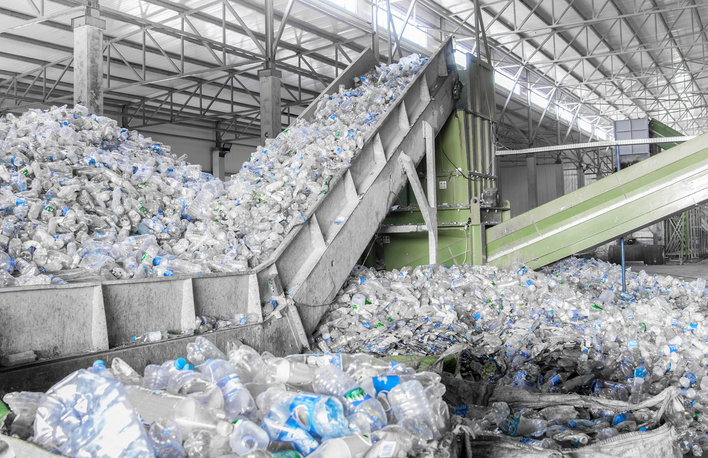Plastic recycling can be a essential aspect of sustainability, seeking to lessen spend and minimize environment effect. Here’s all you have to understand about plastic recycling.
Recycling Method:
Trying to recycle plastics consists of a number of levels. Very first, accumulated plastics are sorted depending on their resin type. Then, they’re cleansed to eliminate pollutants like food remains and tags. Right after cleaning, the plastic materials are shredded into tiny flakes or pellets. These resources could then be melted and established into new services.
Kinds of Recycled Plastics:
Family pet (Polyethylene Terephthalate): Popular in refreshment containers, PET can be recycled into fabric for garments, carpeting, as well as new containers.
HDPE (Higher-Density Polyethylene): Found in whole milk jugs, soap bottles, and more, HDPE is recycled into plastic wood, plumbing, and storage units.
PVC (Polyvinyl Chloride): Utilized in piping, wrapping, and building resources, Pvc material could be recycled into floors, cabling, and packing.
LDPE (Reduced-Density Polyethylene): Present in plastic hand bags and films, LDPE is re-cycled into rubbish can liners, shipping and delivery envelopes, and outdoor furniture.
PP (Polypropylene): Utilized in package hats, low fat yogurt containers, and straws, PP could be re-cycled into electric battery instances, indicate lighting, and brooms.
PS (Polystyrene): Located in foam packaging and throw away eating utensils, Playstation is recycled into insulating material, lighting switch plates, and rulers.
Benefits associated with Recycling Plastic materials:
Preservation of Sources: Recycling plastic materials decreases the need for uncooked materials, conserving natural solutions like essential oil and petrol.
Vitality Price savings: Trying to recycle uses up significantly less electricity in comparison with making new plastic materials, bringing about reduced carbon emissions.
Waste Reduction: By diverting plastics from trash dumps and incinerators, trying to recycle helps reduce ecological pollution.
Economic Opportunities: Trying to recycle provides work in selection, searching, processing, and production, contributing to economical development.
Ecological Protection: Recycling plastics helps protect wildlife and ecosystems by reduction of plastic material air pollution in oceans, estuaries and rivers, and woodlands.
Challenges and Alternatives:
Regardless of its rewards, plastic recycling encounters challenges like toxic contamination, restricted system, and reduced industry requirement for reused materials. To deal with these problems, campaigns working on education, innovation in trying to recycle technological innovation, and insurance policies promoting circular economy guidelines are essential.
In summary, trying to recycle plastics is important for a eco friendly future. By understanding the recycling process, forms of recycled plastics, benefits, and problems, men and women and residential areas can contribute to a more clean and healthier setting.



